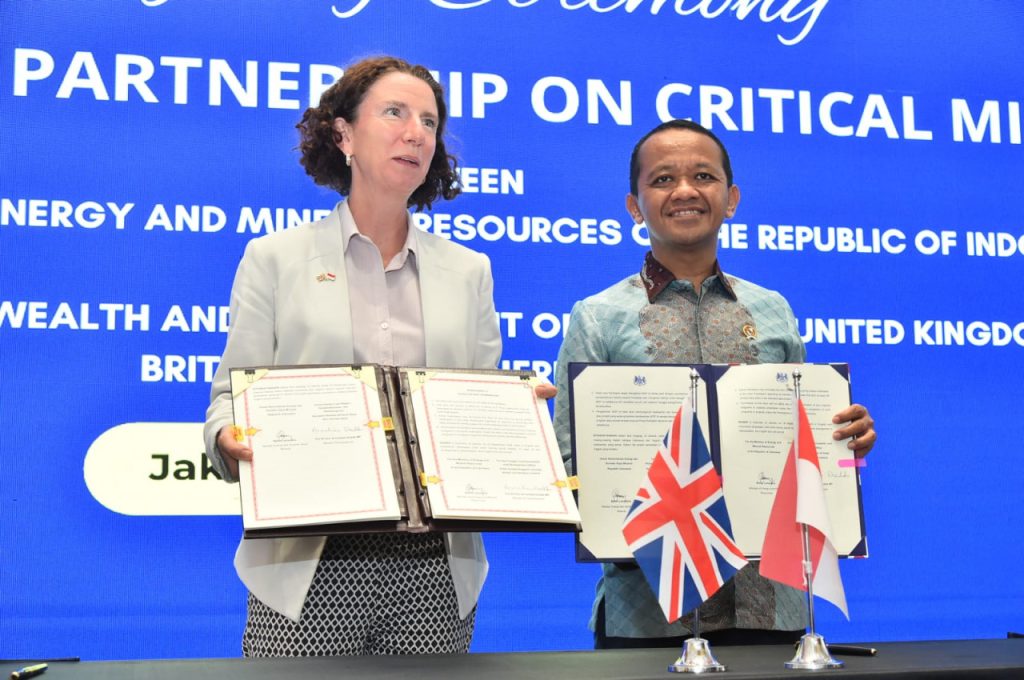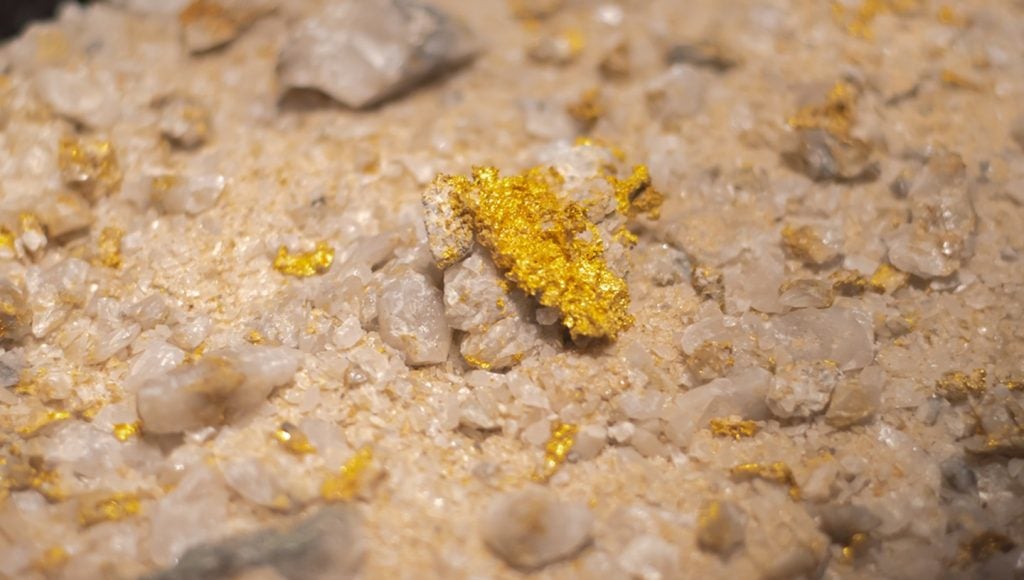The UK and Indonesia have signed an MOU to establish a strategic partnership on critical minerals.
The agreement will support policy dialogue and the sharing of technical knowledge and expertise, covering areas such as supply chain resilience and sustainable upstream and downstream processing of critical minerals.
The MOU was signed by UK Development Minister Anneliese Dodds and Indonesia's Minister of Energy and Mineral Resources, Bahlil Lahadalia, on Wednesday (18 September).
Dodds stated that the partnership "puts both countries as key players in the critical minerals supply chain” and told Reuters that the agreement was intended to create local jobs and protect the environment, including from damage created by mining.
The new MOU marks the 75the year of the UK and Indonesia’s diplomatic relationship. Dodd is also attending discussions on progressing Indonesia’s Just Energy Transition Partnership, which includes early coal-fired plant retirement.
Indonesia has rich deposits of bauxite, coal, copper, gold, nickel and tin across its 17,500 islands, with international attention focused on the growth of its mining industry.
The country is the world's largest source of nickel ore, a key commodity for the production of electric vehicles.
Mining Technology’s parent company, GlobalData, forecasts that the Indonesia nickel mining market will see a compound annual growth rate of more than 2% by 2025. However, 40% of the nation’s nickel production is owned by Chinese companies.
In July, media outlets reported that Indonesia intends to restructure its nickel mining and processing projects to reduce Chinese investment and qualify for tax breaks under the US Inflation Reduction Act.
In 2020, Indonesia issued a regulation prohibiting the export of raw materials as the government expects to develop the national smelting industry. The EU disputed this regulation in 2022 over the prevention of nickel ore exports.
Earlier this year, the US approached Indonesia to establish a critical minerals deal, with discussions still ongoing as of September 2024.















